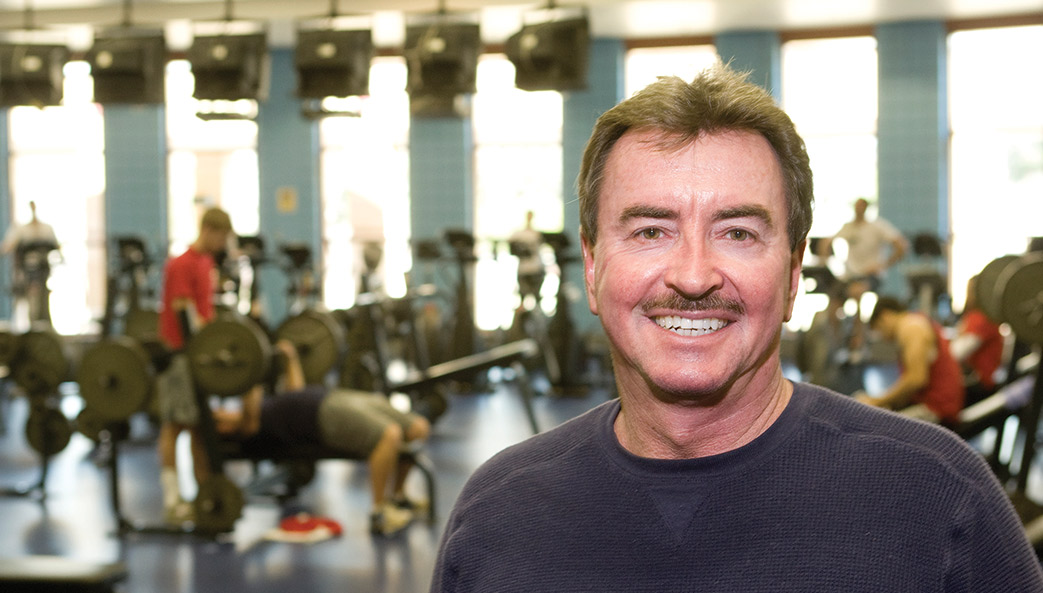Middle-school age is a critical juncture in a child’s life, as kids typically decrease their activity levels by 50 percent between fifth and sixth grades. But adults who want to help them lead more active lives would do well to heed some simple advice: skip the guilt trip.
A study led by Rod Dishman, professor of kinesiology at the College of Education, found that adults who try to guilt middle- schoolers into exercising may do more harm than good.
The study found that kids who felt they could make their own decisions about physical activity were more likely to regard themselves as someone who exercises, which made them more likely to do so.
Given their results, Dishman and colleagues at the University of South Carolina are now exploring ways to help kids identify with exercise at a younger age; that way they are more likely to be physically active by the time they reach middle school. This might mean teaching more structured games in elementary school, integrating physical activities into classroom lessons or expanding community recreational leagues to give kids more chances to improve in a particular sport.
Regardless of approach, there is one common message: “The best thing is to do it because it’s fun,” he said.
“Just like there are kids who are drawn to music or art, there are kids who are drawn to physical activity,” Dishman said. That group does not need adults’ intervention. “But what you want is to motivate those kids who otherwise might not be drawn to an activity.”






